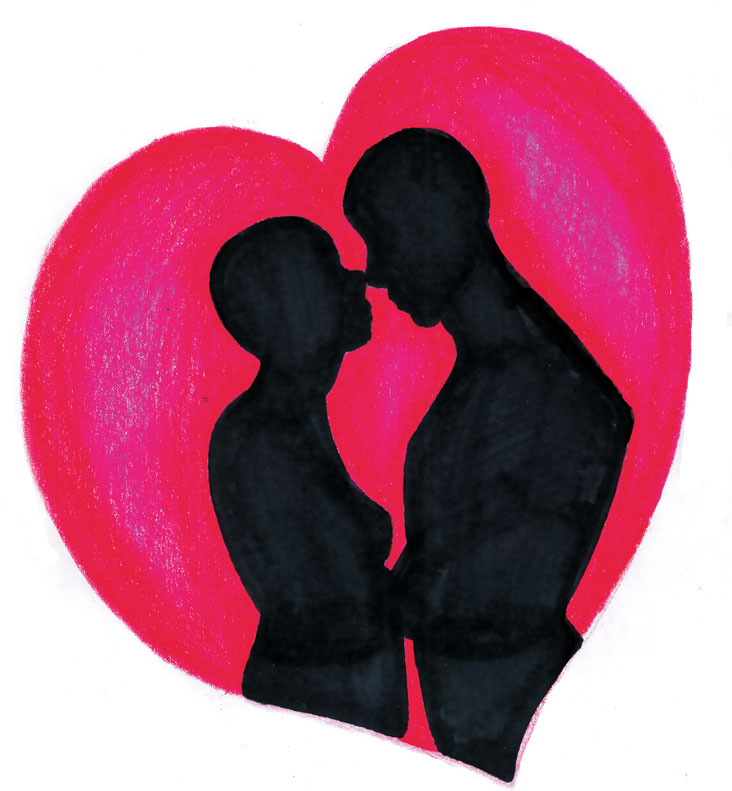
Hooking-up can’t replace dating
By Hayden McBennett, December 4 2014 —
The term hook-up is tossed around lightly. Hook-ups are casual interactions that differ from dating. They usually involve acts of intimacy — anything from kissing to sex.
Where dating looks like a traditional relationship, hook-ups are deliberately casual. But the confusing line between hooking-up with someone and being in a relationship is where problems arise.
Women embracing casual sex is now less stigmatized. The archaic view that a woman’s worth and purity hinges on her chastity is dead. And there’s nothing wrong with women embracing fulfilling and casual sex lives.
The effect of living in a culture that prioritizes hook-ups over dating is subtle. Our media depicts an idealized version of casual hook-ups. Your encounter might end with a relationship, but it’s impossible to count on this happening outside of a Justin Timberlake movie. It’s rare that a casual hookup after a couple of beers will end in a happy and fulfilling relationship. Expecting it to only results in more problems.
Relationships involve knowing someone physically and emotionally. The lack of emotional connections in hook-up culture makes it hard to genuinely date someone.
Hook-up culture has the ability to shape people’s ideas about dating. You probably won’t go looking for a serious relationship if you’re constantly bombarded with the idea that hooking up is the norm.
Students living on campus often feel that it isn’t their choice whether or not they want to be in a relationship. Instead, hook-up culture dictates that dating is the abnormal choice when pursuing a relationship. Despite these ideas being so prevalent, it isn’t what students actually want.
According to the Journal of Sex Research, 63 per cent of college-aged men and 83 per cent of college-aged women want to be in a relationship, with 95 per cent of women and 77 per cent of men preferring dating to hooking-up.
Sex and emotional connections aren’t synonymous. Poor communication about what both people are looking for in a relationship is how people get hurt and feel used. The American Psychological Association reports that relationships stemming from friends-with-benefits situations have lower levels of satisfaction than relationships that didn’t start with casual sex.
Having sex on your first date doesn’t determine where the relationship is going. Some people are comfortable with casual sex, while others need to know their partner well before they’re comfortable with physical intimacy. If only one of these options is the norm, it can be difficult for those who prefer relationships over casual hook-ups to find romantic fulfillment.
If you’re looking to have casual sex, that’s your call. But one person can find themselves with unreturned feelings for the other. This leads to difficult and complex situations that can be draining for both people.
It’s important to be transparent about what you want in a relationship, serious or not. If it isn’t enjoyable, remove yourself from the situation.
And if casual sex is your thing, do it safely. Continued and enthusiastic consent is mandatory. Use protection, set boundaries and have realistic expectations. If one party develops feelings that aren’t mutual, it’s time to call it quits. Your sexuality is your own, so don’t feel pressured to have more or less sex than you want.
And don’t be afraid to ask someone on a real date. The worst they can say is no, and sex is more fun when you’re able to connect completely with your partner.
